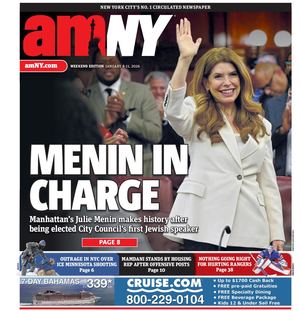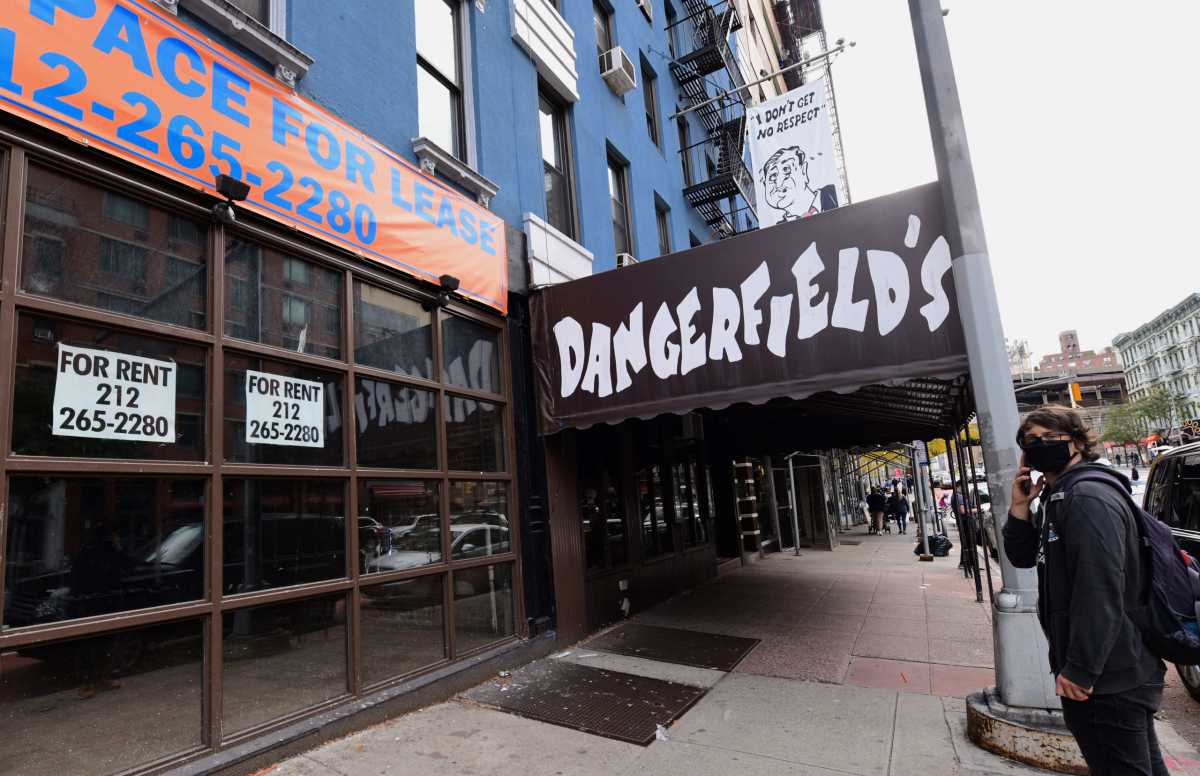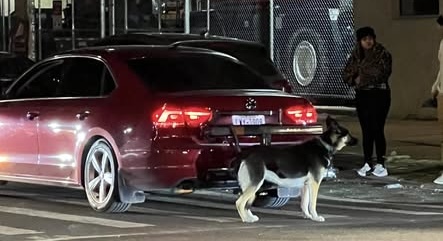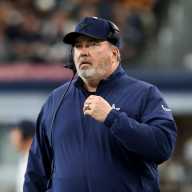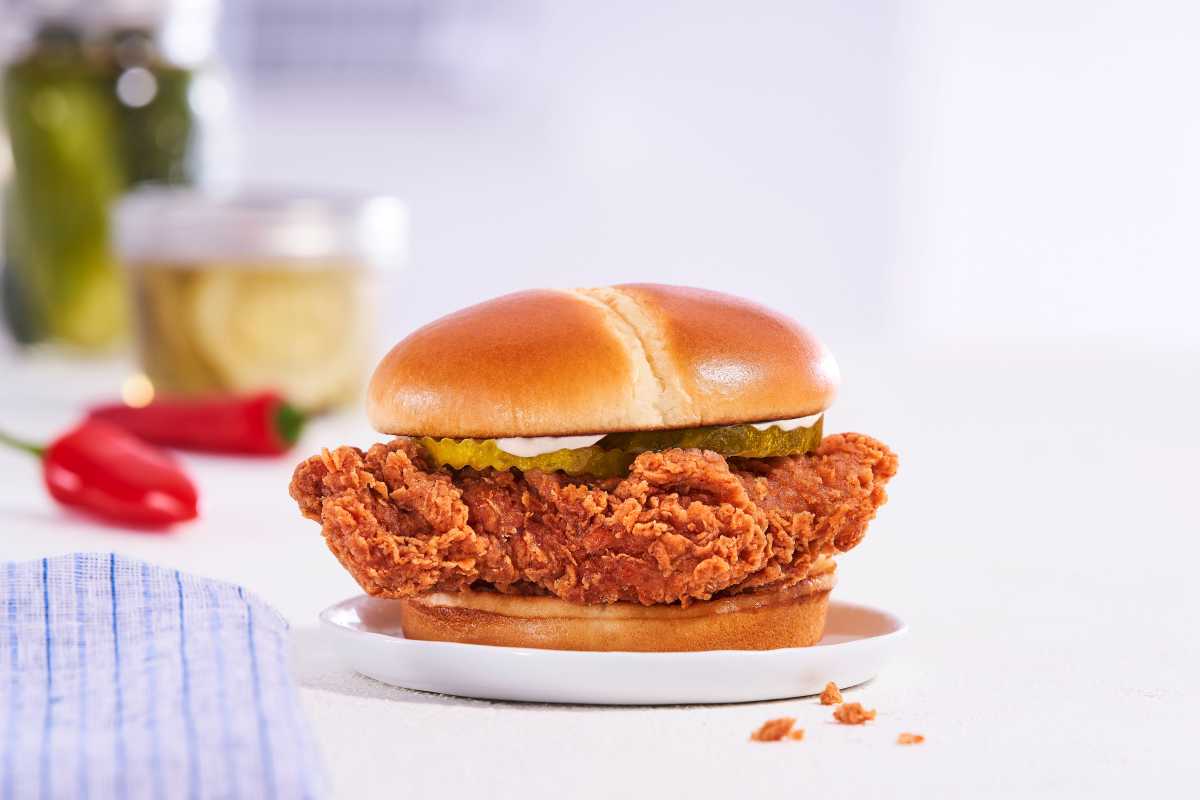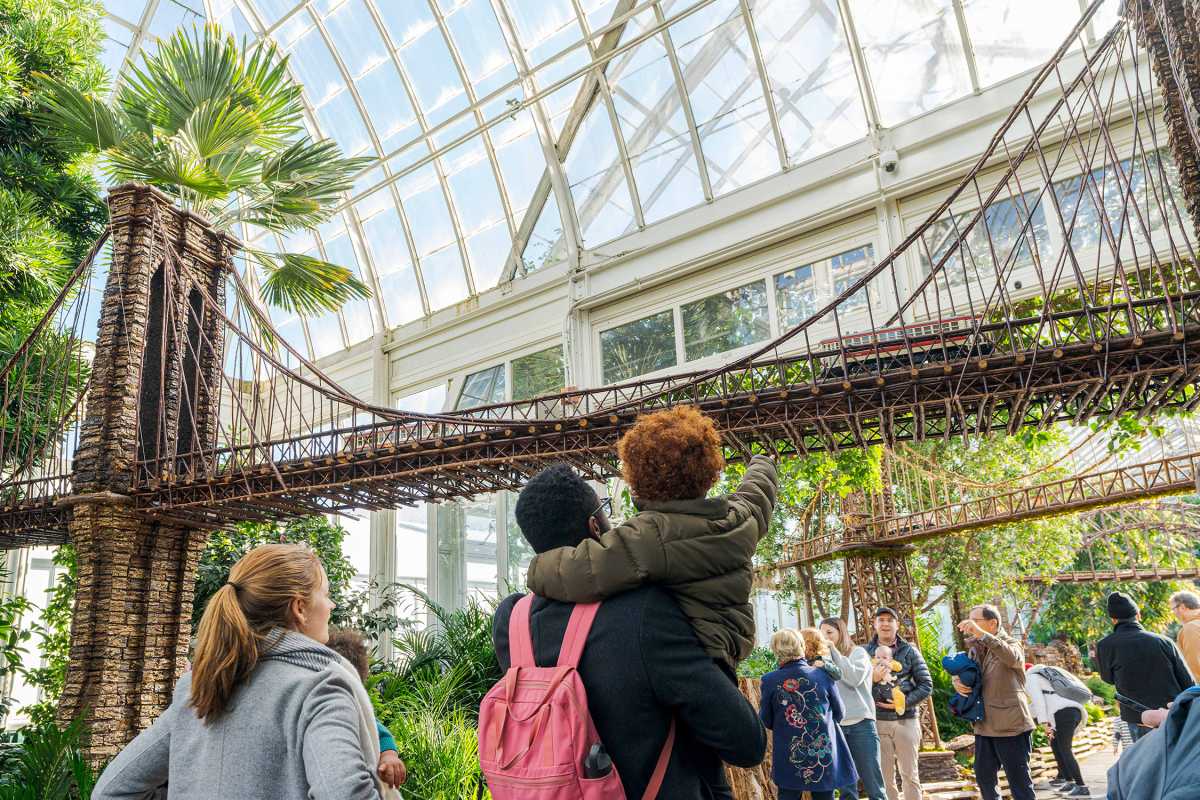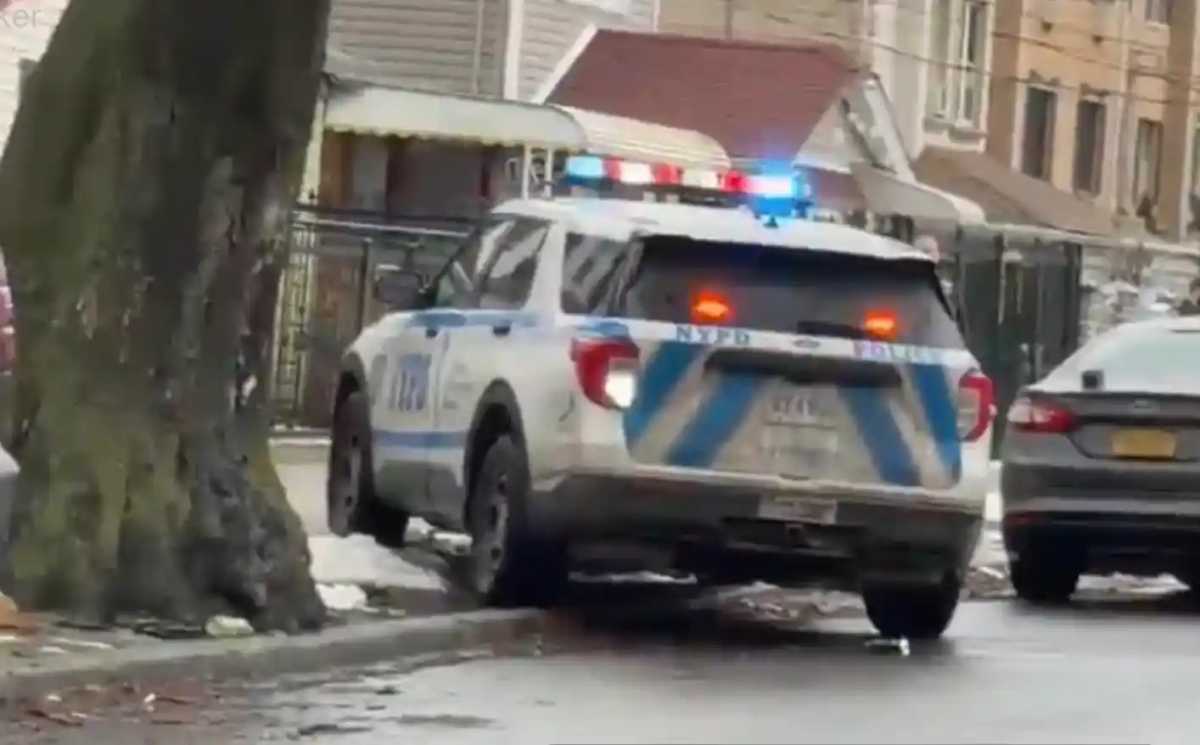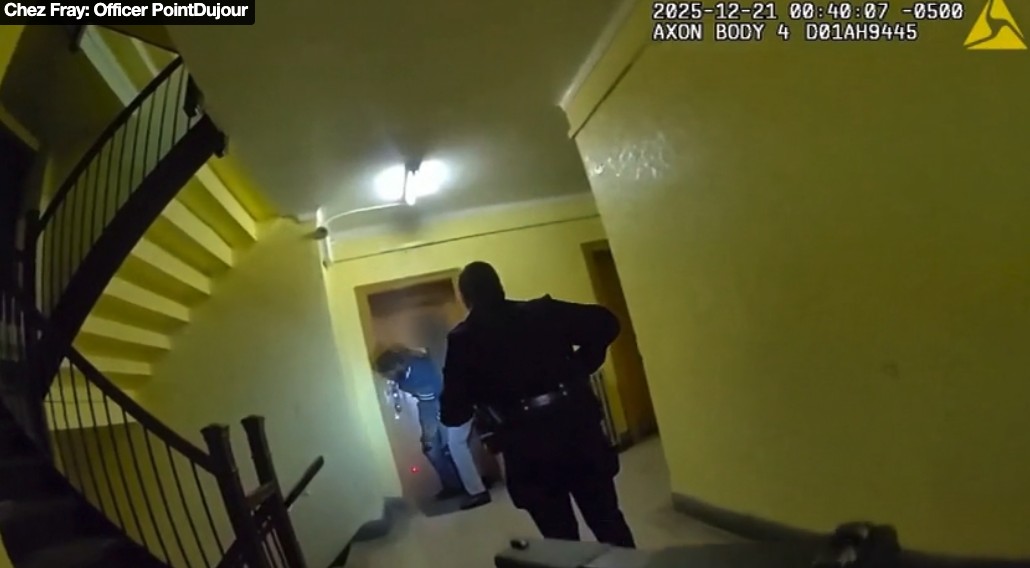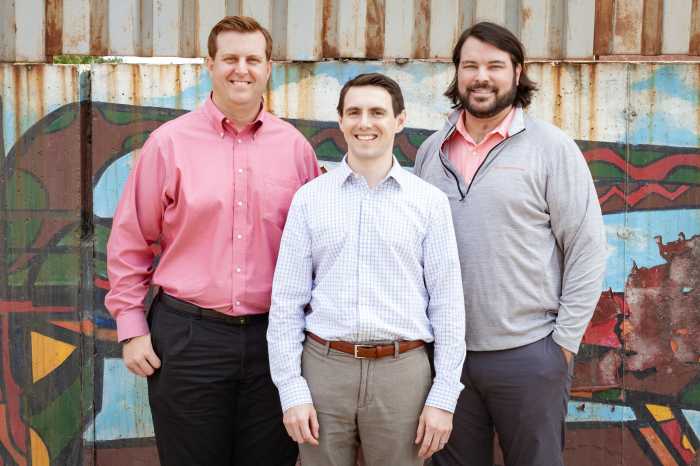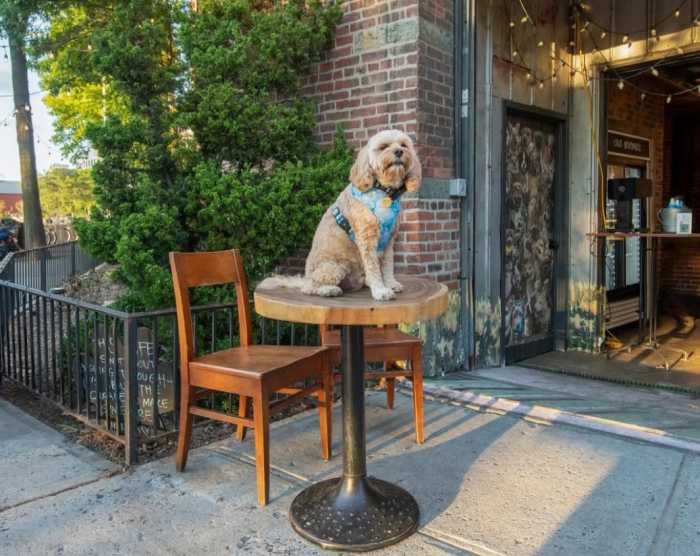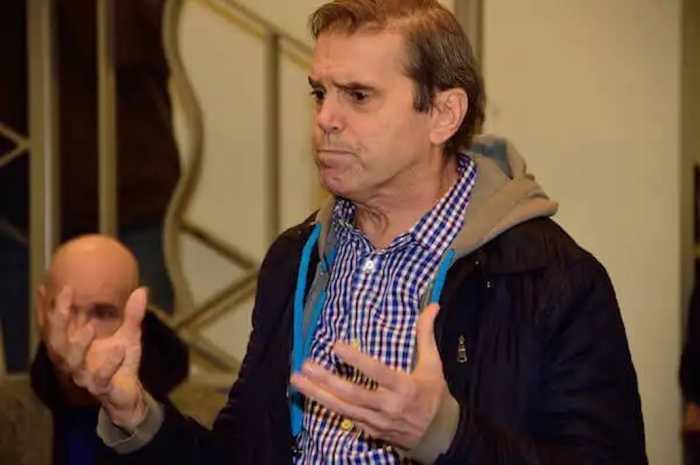Dangerfield’s comedy club got plenty of respect from audiences through the years. But the COVID-19 pandemic got the last laugh on the Upper East Side venue.
The club’s operator, Rodney Dangerfield Inc., announced on Oct. 14 it was closing Dangerfield’s “after more than 50 years of continuous operation” from their flagship location at 1118 First Ave. Yet the company maintained that it would find a new home and reopen once the COVID-19 crisis passes.
Both the club and its parent company are named for Rodney Dangerfield, the late, iconic stand-up comedian known for his self-depreciating humor and tales of woe punctuated with his catchphrase, “I tell ya, I get no respect at all.” Dangerfield’s club became one of the great launching pads for comedic careers in New York, as stand-up comedians played to packed houses full of laughter every night.
But the laughs ended back in March when the state and city imposed capacity restrictions and closed non-essential businesses due to the burgeoning COVID-19 health crisis. In a statement posted to Dangerfield’s Twitter account, the parent company claimed the ongoing closure of public venues such as comedy clubs were to blame for the club’s demise.
“The State of New York and New York City’s continuing COVID-19 lockdown, the banning of public venues, no official guidance as to when or if such public gatherings will be allowed or in what capacity, has placed a severe financial burden on Dangerfield’s, making operations in New York City untenable,” according to the statement.
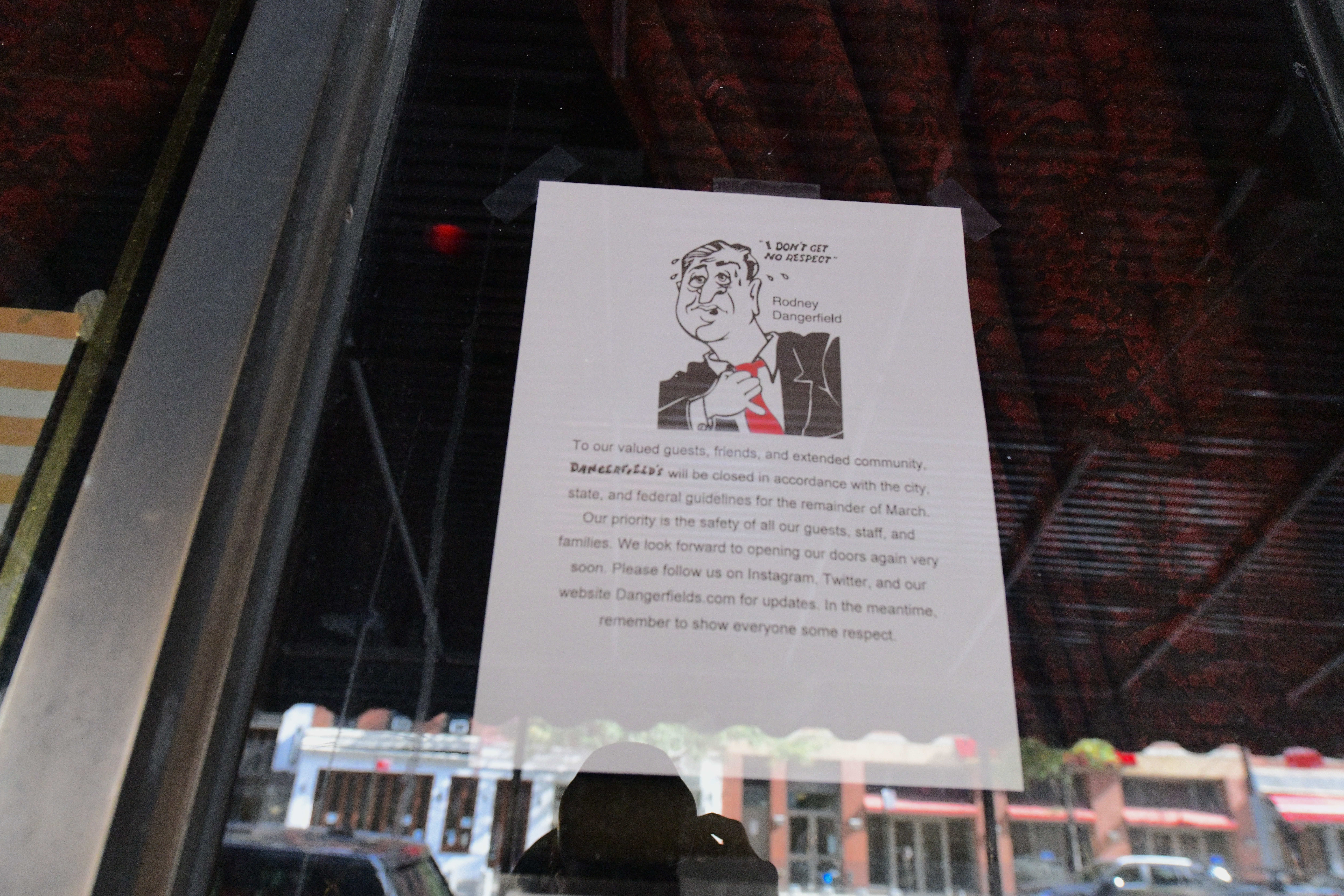
For weeks, local comedians and comedy club venue operators have appealed to the state and city to reopen at a fraction of the original capacity.
At a Sept. 22 press conference led by Kambri Crews, owner of QED Astoria, and state Senator Michael Gianaris, they called upon Governor Andrew Cuomo to issue guidance as well approval for comedy clubs to open. According to Crews, she left the presser feeling hopeful that her establishment could begin having shows on a limited basis. She even went so far as to submit a five page plan to the governor’s office.
But as time went on, there was no answer to her proposal even after a call with a representative of the governor.
“I thought for sure the needle would move a little bit and we’d be seeing some changes soon with regard to outdoor seating for ticketed arts and entertainment. When that didn’t come, I just kind of – ‘gave up’ is too strong of a phrase, but kind of,” Crews told amNewYork Metro.
Crews said that while the opportunity to make money in the “last gasp of autumn” is likely not going to happen, she will instead be turning to merchandising from the gift shop and bar portion of the space. That would mean the possibility of subletting the showroom space to artists.
Crews expressed frustration that while the governor did not respond to her proposal, he did make a Sept. 15 appearance on Long Island Radio claiming that he did not believe comedy clubs to be essential.
“I understand concert venues, my good friend Billy Joel, he was doing Madison Square Garden, when will we get back to Madison Square Garden? Those large arenas pose the greatest risk,” Cuomo said. “They’re still coming through a gate, and then essential, and I hate to say this because everything is essential – comedy clubs. How essential is a comedy club when you’re talking about the infection rate? Not to offend people in the comedy club, Lord knows we need to laugh, but those are the calibrations we’re making.”
Last month, a group called the New York Comedy Coalition held a press conference in the East Village urging Governor Andrew Cuomo to consider their plan to reopen clubs safely, with social distancing measures and plexiglass barriers in place to protect talent and customers from each other.
Operators are also seeking financial support to make up for the massive losses incurred since the clubs closed seven months ago. U.S. Senator Charles Schumer is working to pass the Save Our Stages Act, federal legislation that would pump billions of dollars in aid to struggling live venues and employees around the country. Comedian Jerry Seinfeld is among the bill’s most prominent supporters.
“Dangerfield’s is one of many comedy clubs and other live independent venues throughout New York City that are suffering from the economic fallout of COVID-19,” Schumer said. “Independent venues, like Dangerfield’s, are the beating heart of New York City’s cultural life and a driving force of the larger New York economy. These local businesses were among the first to shut down at the start of the pandemic, are struggling to stay afloat, and will be among the last to reopen. Unfortunately Dangerfield’s—like others—is facing the worst outcome, closure, and if we don’t provide dedicated federal assistance to independent venues, many others will meet the same fate. That’s why I unequivocally support the Save Our Stages Act and I’m fighting to include this funding in upcoming legislation.”
For now, the only kinds of entertainment allowed to be showcased at a nightlife establishments is “incidental music,” a policy that was challenged by the Sportsman’s Tavern in Buffalo on grounds that it violated the First Amendment; the state is currently appealing the judge’s ruling in favor of the proprietor.
Read more: Manhattan Board Rejects Penn Station Casino Development Plans
